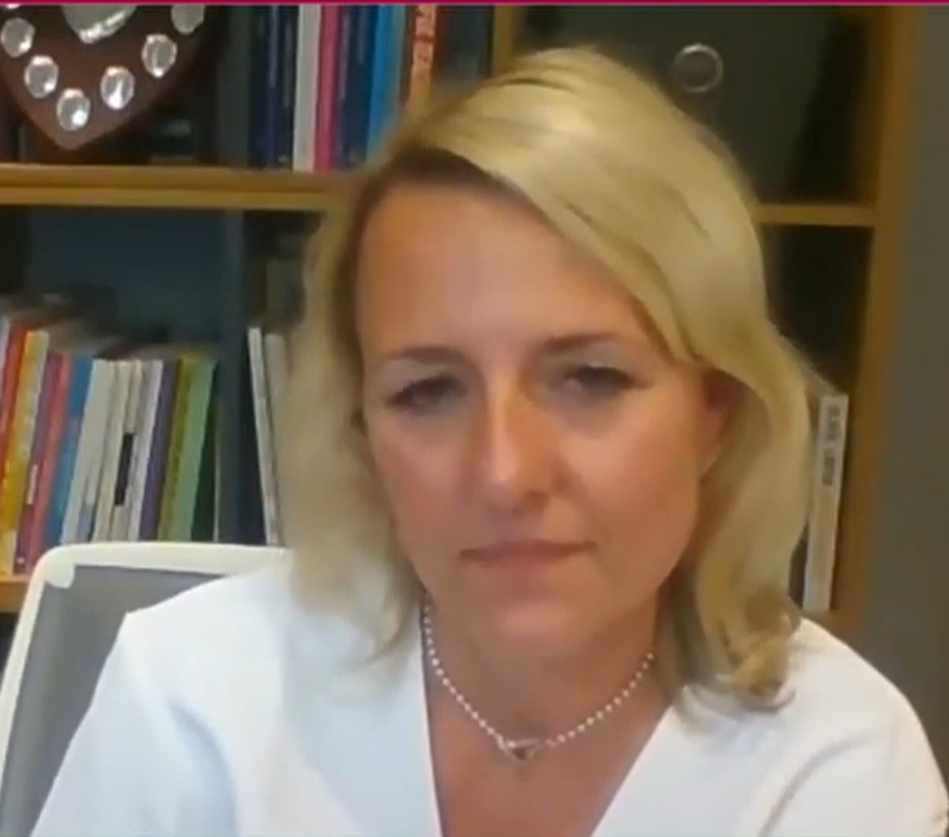On this episode of Mind The Gap, Tom Sherrington and Emma Turner are joined by special guest Alom Shaha, a seasoned educator with a distinguished career spanning 25 years. In addition to his teaching experience, he boasts a notable background in television and has published several books.
Passion for Teaching
Alom shares his journey from working in television to rediscovering his passion for teaching and the sense of community it provides. Despite earning more money in television, Alom returned to teaching because he longed for meaning and purpose.
During the conversation, Alom discusses his upcoming children’s book that aims to teach young readers about scientific discoveries, specifically how rainbows are formed (How To Find a Rainbow). Inspired by his children, Alom found it easy to develop the characters in the book, as they were based on his daughters.
Curiosity and Thirst for Knowledge
The discussion also delves into Alom’s belief that the teaching profession is undervalued when compared to other professions. He expresses his deep frustration with the numerous challenges and immense pressure that teachers constantly face. Alom also shares his experience writing a book about atheism and non-belief for young people, discussing the positive feedback he received and the importance of allowing people from Muslim backgrounds to openly explore atheism (The Young Atheist’s Handbook). He addresses the complexities of identity and the role Twitter plays in muddying the waters.
Reflecting on his upbringing and his children, Alom underscores the importance of nurturing children’s curiosity and providing access to resources and supportive environments for learning. He takes responsibility for creating a positive learning environment and hopes that all children can encounter teachers and peers who encourage their thirst for knowledge.
The Importance of Teaching Science
The conversation concludes with Alom sharing the challenges he faced while writing his current book, the constraints placed on him, and his belief that science should be taught in a way that highlights its interconnectedness and cultural significance (Why Don’t Things Fall Up?: and Six Other Science Lessons You Missed at School). Through his creative approach to education and teaching, Alom aims to inspire his students and help them develop a deep understanding and appreciation for science. His commitment to using innovative teaching methods and connecting scientific concepts makes him an exceptional and respected science educator.
Watch more episodes of Mind The Gap to learn about making education work globally.
-
EdCircuit Staff: Author
edCircuit is a mission-based organization entirely focused on the K-20 EdTech Industry and emPowering the voices that can provide guidance and expertise in facilitating the appropriate usage of digital technology in education. Our goal is to elevate the voices of today’s innovative thought leaders and edtech experts. Subscribe to receive notifications in your inbox
View all posts -
Tom Sherrington: Author
Tom Sherrington has worked in schools as a teacher and leader for 30 years and is now a consultant specializing in teacher development and curriculum & assessment planning. His books include Teaching WalkThrus, Rosenshine’s Principles in Action, and The Learning Rainforest Fieldbook. He regularly contributes to conferences and CPD sessions locally and nationally and works in schools and colleges across the UK and worldwide.
View all posts -
Emma Turner: Author
Emma Turner joined Discovery Schools Academy Trust as the Research and CPD lead after 20 years in primary teaching. She founded ‘NewEd – Joyful CPD for early-career teachers,’ a not-for-profit approach to CPD to encourage positivity amongst the profession and help retain teachers in post. Turner is the author of Be More Toddler: A Leadership Education From Our Little Learners, Let’s Talk About Flex: Flipping the flexible working narrative for education, and Simplicitus: The Interconnected Primary Curriculum & Effective Subject Leadership.
View all posts -
Alom Shaha: Author
Alom Shaha was born in Bangladesh but grew up in London. A science teacher, writer, and filmmaker, he has spent most of his professional life sharing his passion for science and education with the public. Alom has produced, directed, and appeared in a number of television programs for broadcasters, such as the BBC, and has received fellowships from the National Endowment for Science, Technology, and the Arts (NESTA) and the Nuffield Foundation. Alom has represented his community as an elected politician and has volunteered at various charitable organizations. A few of his books include The Young Atheist’s Handbook, Why Don't Things Fall Up?: and Six Other Science Lessons You Missed at School, and How To Find a Rainbow.
View all posts








